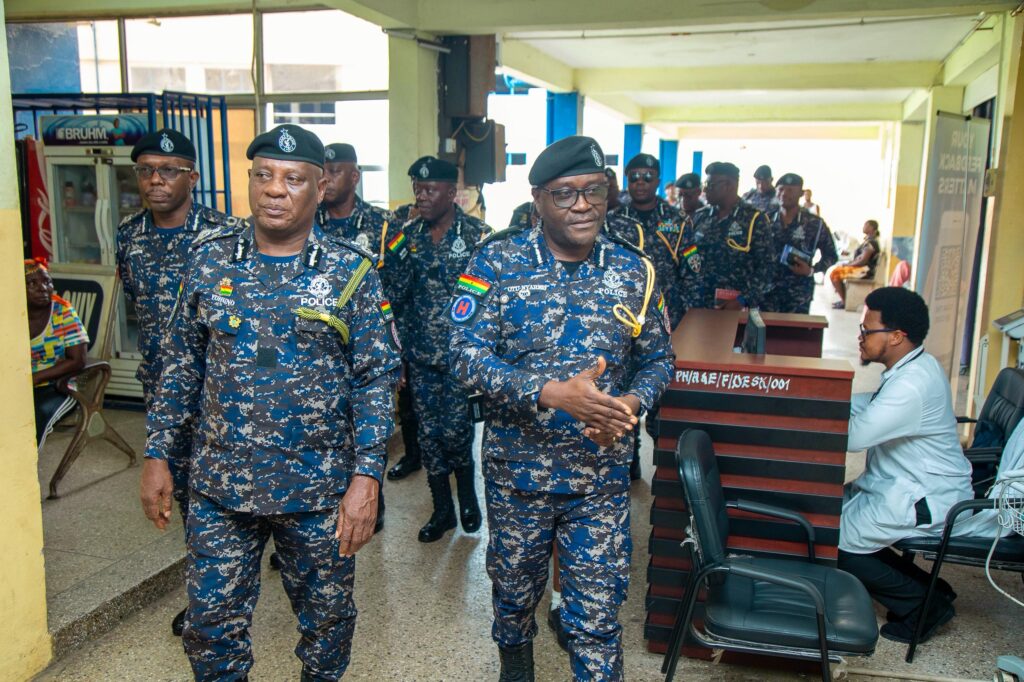
The Inspector-General of Police (IGP), Christian Tetteh Yohuno, together with members of the Police Management Board (POMAB), has commended the staff of the Police Hospital in Accra for their dedication and professionalism during the ongoing strike by the Ghana Registered Nurses and Midwives Association (GRNMA).
During a working visit to the hospital on Saturday, April 13, 2025, the IGP lauded the medical team for their exceptional efforts in managing a surge in patient numbers resulting from the nationwide strike.
Receiving the delegation, Medical Director COP Dr. Otu Nyarko revealed that the hospital had recorded over a 300% increase in patient visits within a week. Similar reports were received from the Police Hospital in Kumasi and other police clinics across the country.
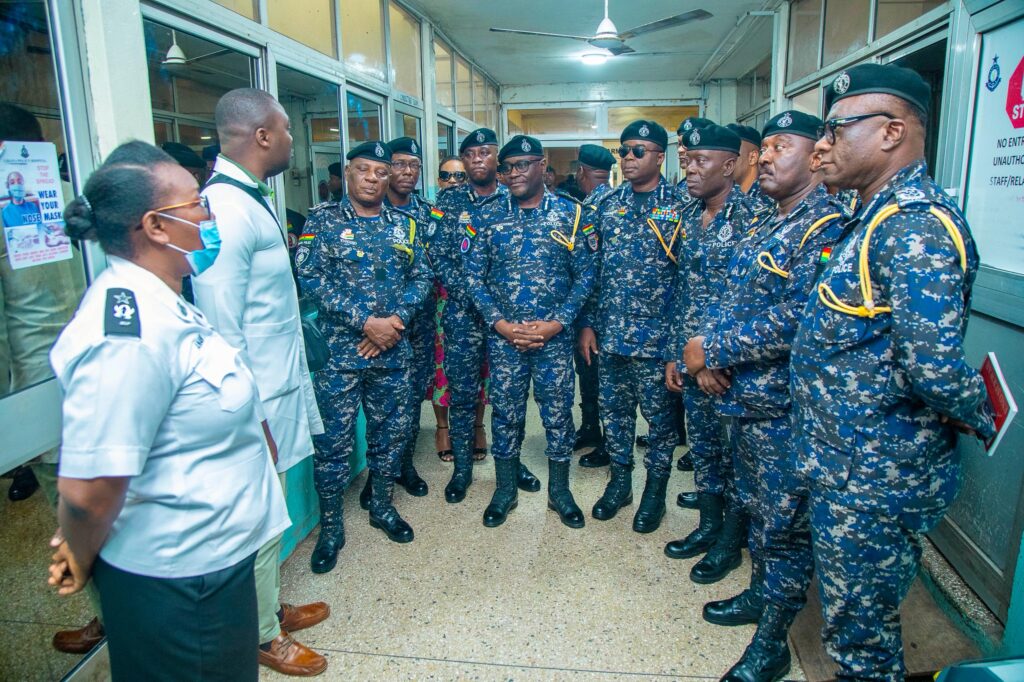
Dr. Nyarko noted that, despite the pressure, contingency plans were swiftly activated. All doctors on annual and study leave were recalled to ensure no patient was turned away.
The IGP praised the hospital’s leadership and frontline staff for rising to the challenge. “Your sense of duty and resilience have not gone unnoticed. You have stood in the gap to serve Ghanaians when they needed you the most,” he stated.
Yohuno also highlighted the timely importance of the newly commissioned Police Hospital in Kumasi, which has helped ease the burden on Accra and other facilities. He assured continued administrative support to enhance healthcare delivery across all police medical institutions.
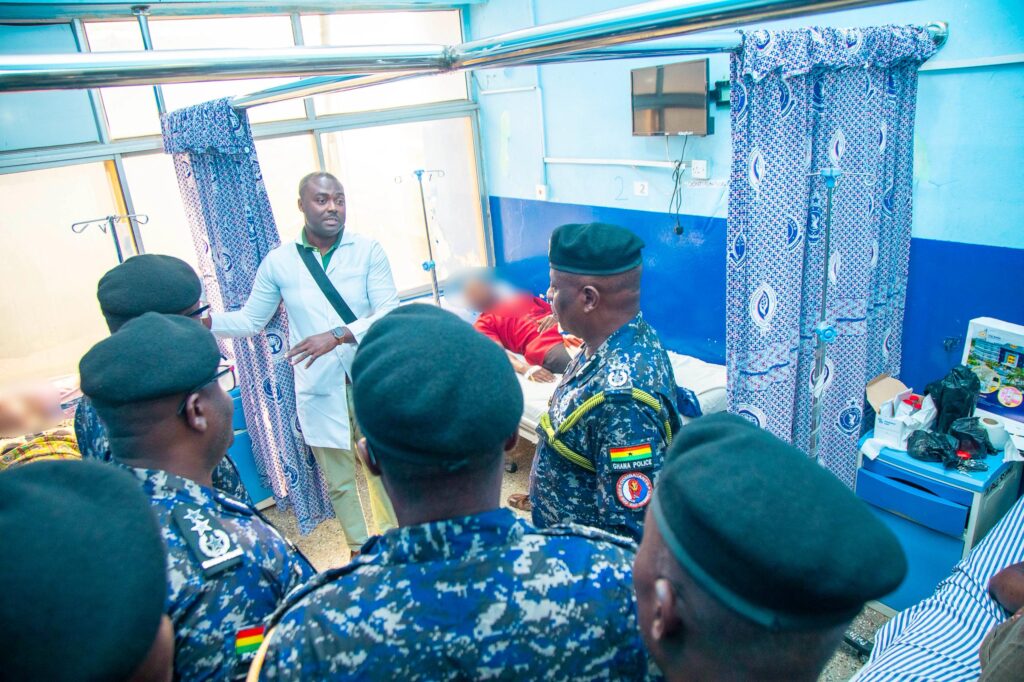
Background to the Nurses’ Strike
The Ghana Registered Nurses and Midwives Association (GRNMA) declared an indefinite nationwide strike on June 4, 2025, in protest over the government’s delay in implementing their 2024 Conditions of Service, which were signed on May 20, 2024. The strike was sparked by unpaid allowances and stalled negotiations despite repeated follow-ups.
Though the National Labour Commission declared the strike illegal, the GRNMA maintained its stance, demanding full implementation of their agreed benefits before returning to work. The industrial action severely disrupted public healthcare services across the country, leading to increased pressure on alternative facilities such as military and police hospitals.
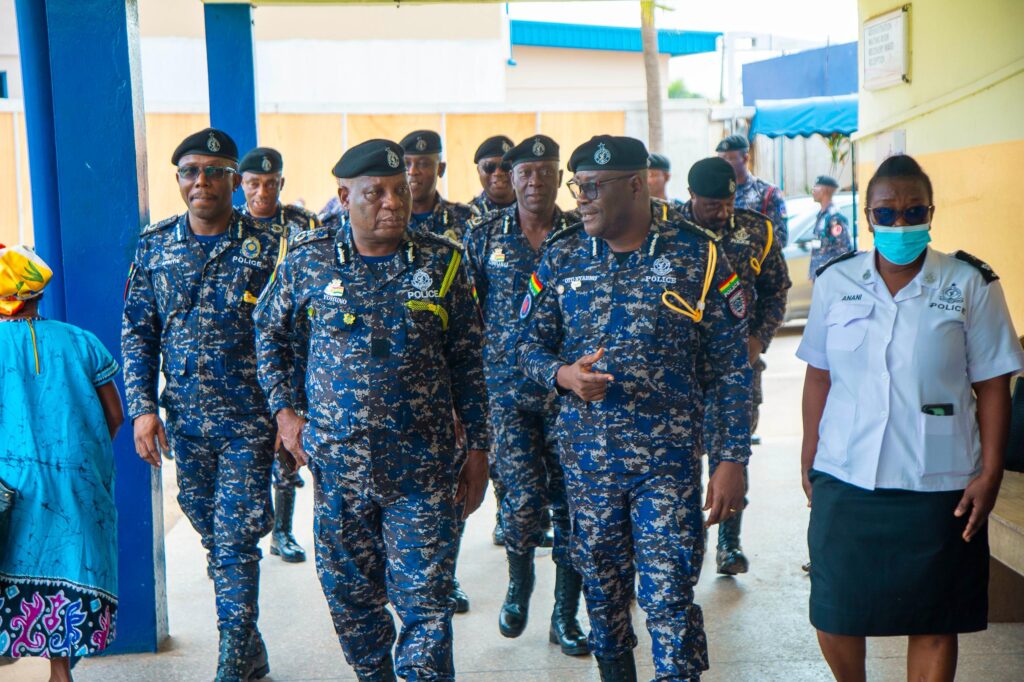
Role of the Police Hospital During the Strike
In the midst of the strike, the Police Hospital in Accra and its counterpart in Kumasi, along with satellite police clinics, became crucial points of care. These facilities absorbed a significant number of patients who were unable to access services at regular public hospitals.
The Police Hospital, operated by the Ghana Police Service, typically caters to police personnel and their families but is also open to the general public in emergencies.
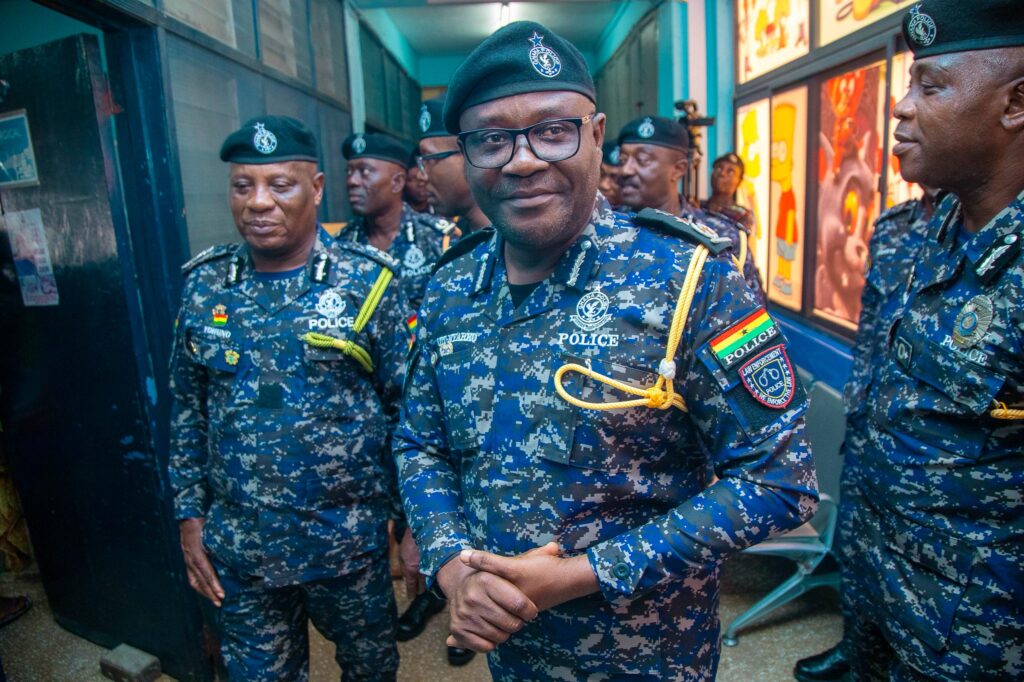
During the strike, the hospital recorded a surge of over 300% in patient attendance.
To manage this, the hospital recalled doctors on leave, activated emergency plans, and implemented extended shifts to ensure continuous care delivery.
Its efforts were commended by the Inspector-General of Police, who visited the facility to express gratitude to the staff for their national service in a time of crisis.
By Peter Quao Adattor








